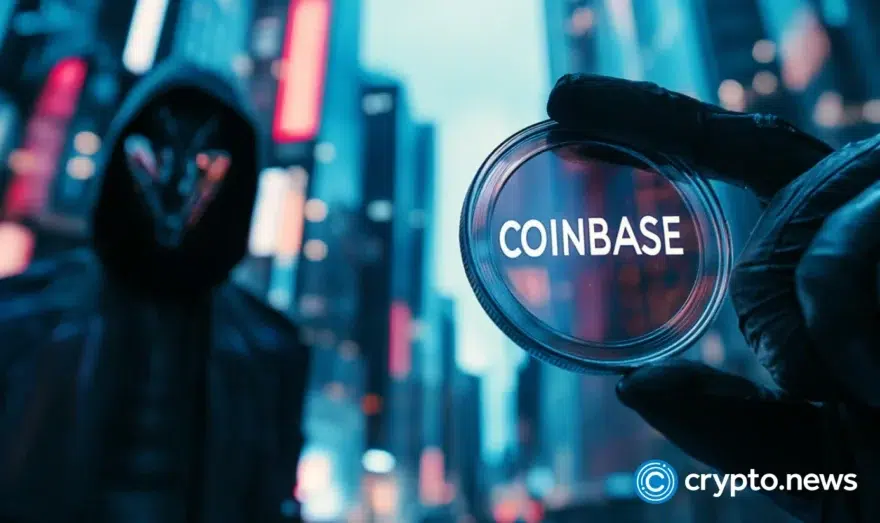OKCoin Gets License to Operate Crypto Exchange in Japan

OKCoin Japan, a subsidiary of OK Group, has obtained a license from one of Japan’s regulatory authorities to operate a crypto exchange in the country.
OKCoin Ready to Launch Crypto Exchange in Japan
OKCoin announced the news of its license acquisition via a blog post on Medium on March 30, 2020. According to the announcement, OKCoin finalized its registration process with the Kanto Local Finance Bureau to operate as a digital currency exchange in Japan under the country’s Payment Services Act (PSA).
In addition to obtaining a license, the crypto exchange platform also boasts of a secure and robust AML and ‘customer risk profiling capabilities’, upgraded technologies for virtual currency transactions, among other improved services.
Furthermore, OKCoin said:
“The company has also developed and implemented proprietary AML/CFT technologies such as automated transaction filtering and monitoring systems as part of its effort to combat illicit activities in the crypto industry.”
Also, the Japanese crypto subsidiary has been laying the groundwork since its inception in 2017, to ensure full compliance with Japan’s PSA, administrative guidelines set by the Financial Services Agency (FSA), and self-regulatory rules by the Japan Virtual Currency Exchange Association (JVCEA).
Although the platform is yet to announce an official launch date, potential customers who wish to open an account with OKCoin Japan can pre-register on the platform’s website. The crypto exchange will offer support for the Japanese yen. OKCoin is also planning to create easy fiat onramp for Japanese traders to purchase cryptos like bitcoin, ether, ethereum classic, litecoin, and bitcoin cash.
As reported by <em>BTCManager</em> back in June 2019, OKCoin, as part of its plans to expand services across the globe, opened an office in Malta in addition to allowing customers outside the U.S. to withdraw and deposit euros.
Japan’s Evolving Crypto Regulatory Space
Japan’s crypto and blockchain technology landscape has continued to thrive due to the country’s emphasis on regulation rather than banning crypto commerce. The Financial Services Agency — Japan’s financial regulator, has been at the forefront of shaping the crypto regulatory policy for Japan with a focus on ensuring exchanges adhere to strict security measures to combat the menace of cybercriminals.
Following the $500 million Coincheck hack, the FSA has noticeably upped its policing of Japan’s crypto space with regular investigations into suspected security lapses. Exchanges in the country have even come together to form the Japanese Virtual Currency Exchange Association (JVCEA) — a self-regulatory body focused on ensuring compliance with FSA standards.
Earlier in March 2020, the JVCEA added U.S. crypto exchange giant Coinbase as a Class 2 member with some pundits claiming the move is a precursor for the platform obtaining a license to operate in the country.












